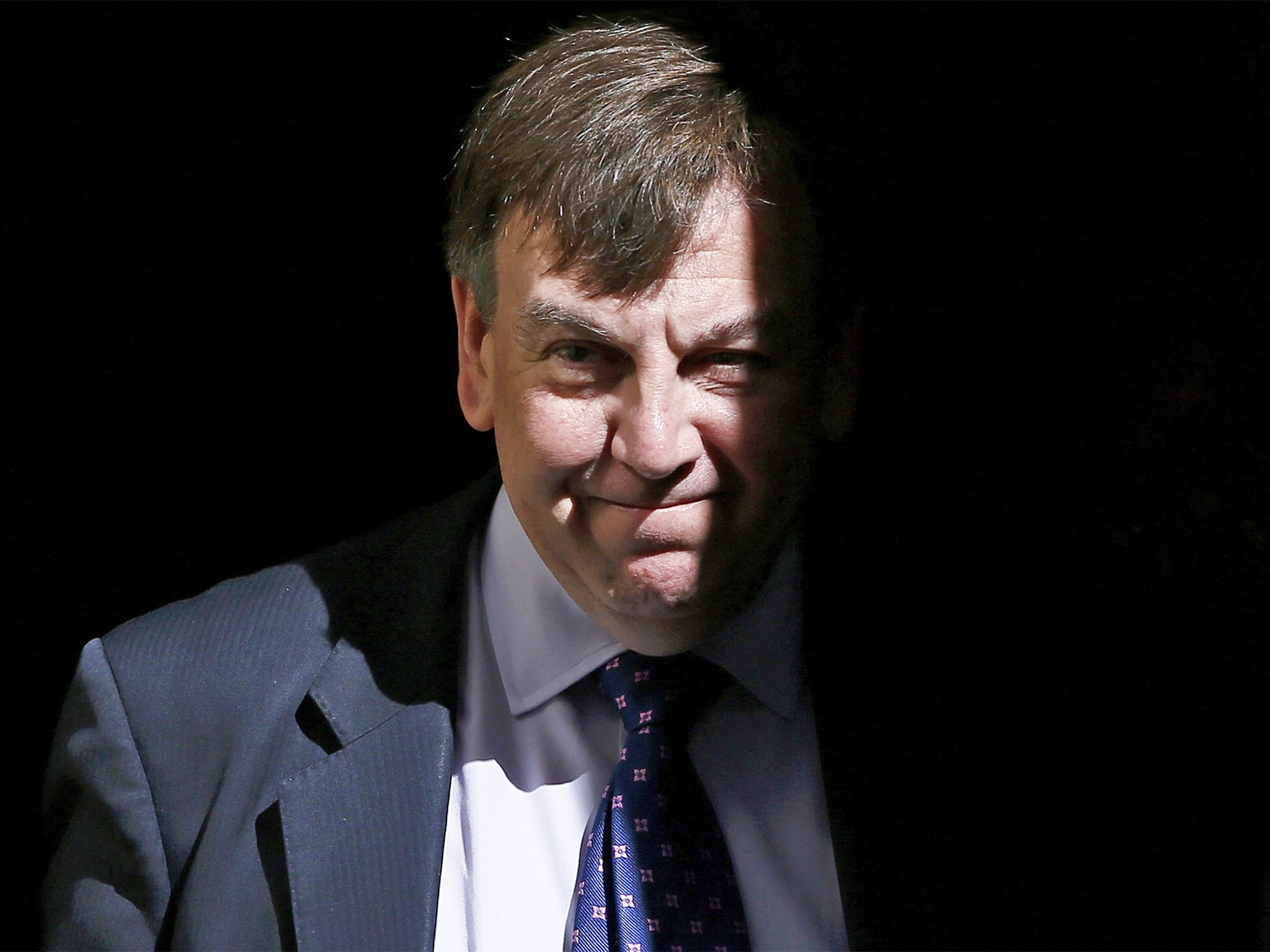Government to announce climb down on contentious plan to curb BBC power and independence in face of stars’ revolt
Move comes after actors, including Mark Rylance, Damian Lewis and James Nesbitt, publically condemned the proposals that will form the basis of the corporation’s next Royal Charter

Ministers will announce a climb down on contentious proposals to curb the independence and power of the BBC in face of a stars’ revolt and growing unease among Tory backbenchers about the plan.
The Culture Secretary, John Whittingdale, is expected to publish a White Paper that will form the basis of BBC’s next Royal Charter that will govern the corporation for the next eleven years.
Mr Whittingdale had been proposing to use the charter to hand the Government power to appoint a majority of members to a new BBC governing board that will become the ultimate decision making body in the organisation.
But after actors, including Mark Rylance, Damian Lewis and James Nesbitt, publically condemned the plan, ministers appear to have had a change of heart.
Instead, senior BBC staff and corporation appointed non-executives will now be in the majority, while external regulation will be passed to the media regulator Ofcom.
In another win for BBC management, Downing Street also intervened to water down plans by Mr Whittingdale to force the corporation to publish the names and salaries of all staff paid more than £150,000 a year. Instead that figure will now be set a £450,000 a year - the current salary of Lord Hall, the BBC Director General.
This is expected to only catch a handful of stars such as the new Top Gear presenter Chris Evans, Match of the Day presenter Gary Lineker and the talk show host Graham Norton.
The BBC had argued that the lower figure could have led to an exodus of talent to commercial broadcasters by stars who did not want their earning put into the public domain.
But it is not all good news for the BBC. The Government has insisted on a five year break contract in the new Charter that could allow it to fundamentally change the remit of the corporation at a halfway point in the eleven year deal.
Some fear this is the Trojan Horse in the Charter that could lead to a more fundamental reform of the BBC if the Tories win power again in 2020.
Among other proposals expected to be included in the White Paper are:
- A plan to close the iPlayer loophole by extending the current TV licensing regime to include those watching the BBC on catch-up through the iPlayer and other platforms.
- A new obligation for the BBC to reflect the diversity of audiences in the UK – both on and off the screen.
- The Charter will also include specific clauses enshrining the BBC's independence, and specific protections for the BBC's Editor in Chief, who is the Director-General.
- External production companies will also get a larger slice of the BBC budget with the amount of money ‘reserved’ for in-house productions slashed.
Downing Street was understood to have been concerned that suggestions that the Tories were trying to dismantle the BBC by stealth as part of the Charter renewal process could have affected support for Mr Cameron in the EU referendum.
So the final deal appears to steer clear of controversy without any major overhaul of how the BBC is run and governed – at least for now.
“The BBC is a world-class broadcaster and one of our country’s greatest institutions,” said a Government source. “Our plans will mean that the BBC will keep making the great programmes we love and will continue to thrive in the future.”
Subscribe to Independent Premium to bookmark this article
Want to bookmark your favourite articles and stories to read or reference later? Start your Independent Premium subscription today.

Join our commenting forum
Join thought-provoking conversations, follow other Independent readers and see their replies